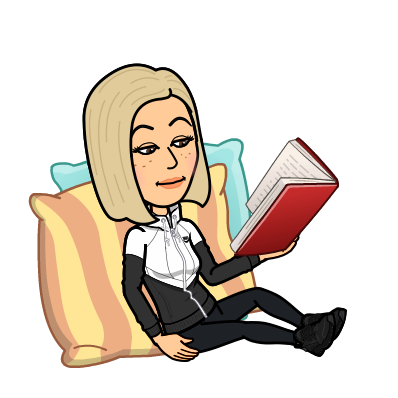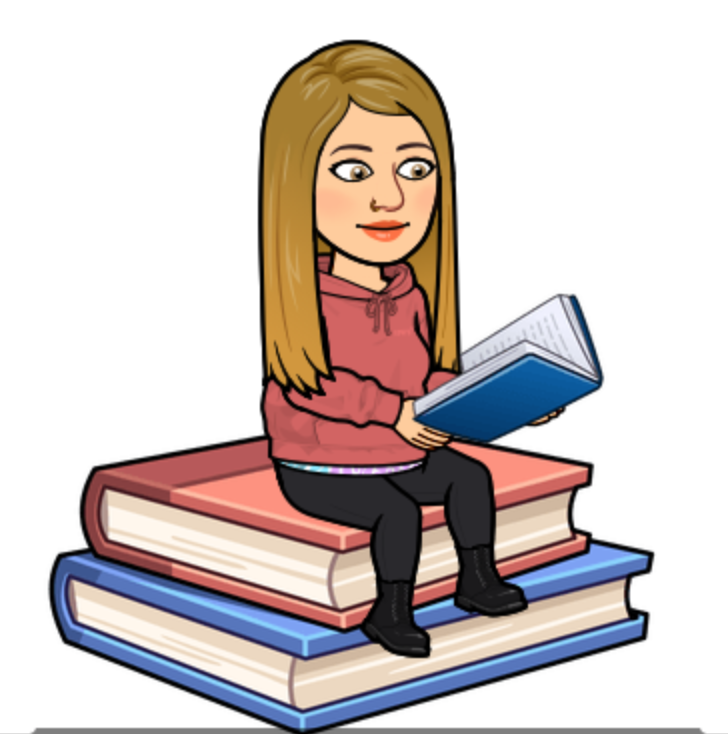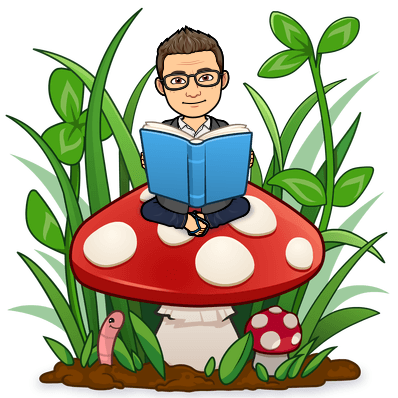As stated in the DfE Guidance ‘The Reading Framework’ (July 2021) ‘Reading is fundamental to education’. At Grangetown Primary School we have designed our Early Reading Curriculum with the intent that all children, regardless of background, will become a fluent, insightful readers. We have developed a curriculum that will instil in all children a love of reading that we hope will stay with them for life.
An enjoyment of reading, sharing picture books, songs, rhymes, stories and being able to read out loud is one of the most important experiences children should have in their early childhood and forms the foundation for early reading skills.
At Grangetown Primary we want to ensure that children’s early language and literacy skills are nurtured through wonderful learning opportunities and experiences. We acknowledge that reading development depends on good early communication and language skills.
Teaching children to read is a key part of our early curriculum. At Grangetown Primary School we use the Read Write Inc (RWI) programme to get children off to a flying start with their reading. RWI is a method of learning to read centred around letter sounds. RWI is taught every day and the children are assessed regularly to ensure that they are making progress and getting the support they require.

When using RWI to read the children will:
- learn 44 sounds and the corresponding letter/letter groups (Special Friends) using simple picture prompts
- learn to read words using ‘Fred Talk’
- read lively stories featuring words they have learned to sound out
- show that they comprehend the stories by answering questions.
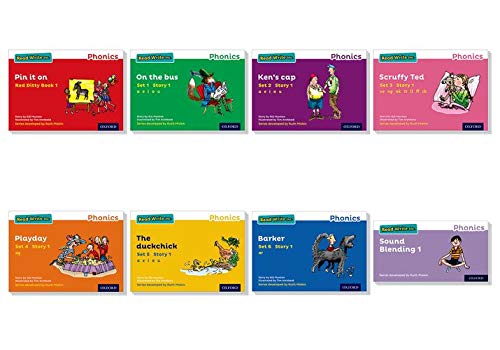
We deliver an early reading program that comprises of:
- Direct, focused phonics which is taught every day in Reception and Phase 2. We understand that phonics have a vital part of learning to read. At Grangetown Primary we use Read Write Inc as our chosen systematic synthetic phonics programme. Click here for more information about RWI.
- Phonics is be taught progressively from Early Years to Y2 as an effective way of developing children’s reading and spelling skills.
- Sight-recognition of words does complement the teaching of phonics.
- Children read from books with the sounds they know, while they are learning to read.
- Adults in school instil in children a love of literature by choosing the best stories and poems to read to the children daily.
We understand that Parents and Carers play a vital role in the development of early reading and in nurturing positive habits and attitudes towards reading and do all we can to promote this. We regularly invite Parents / Carers into school to share information about their child’s early reading as they are a significant component in reading development.

Key Stage 1

 Phonics Screening Check
Phonics Screening Check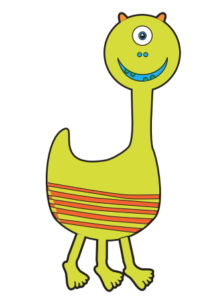

Information for parents –Year 1 Screening Check June 2023
The phonic screening check is a statutory assessment for all children in Year 1
- It will take place in June.
- It comprises of a list of 40 words ( 20 real and 20 nonsense)
- In previous years expectations from the government are that children should achieve 32 out of 40 to reach the expected level.
- The check will take up to 10 minutes per pupil
- Children who do not achieve the expected level at the end of Y1 must be reconsidered for a retake in Y2
- Support has been put in place to assist all our pupils to achieve their best outcomes.
- The school will report the result of your child’s score out of 40 along with the % who have reached the expected level by the end of the summer term.
- A sample of the types of words your child will have to read:
| nin | yip | geb | pess | teep | chush |
| shed | sill | team | hoist | hoop | brains |
| nool | teng | lins | scraw | thep | ust |
| shine | blush | jest | sharp | scree | lair |
| glust | snape | larp | prane | roint | phigh |
For more information and past Phonics Screening papers please click here
We also love reading for fun too! Don’t forget to visit our virtual library to explore some amazing books online.
